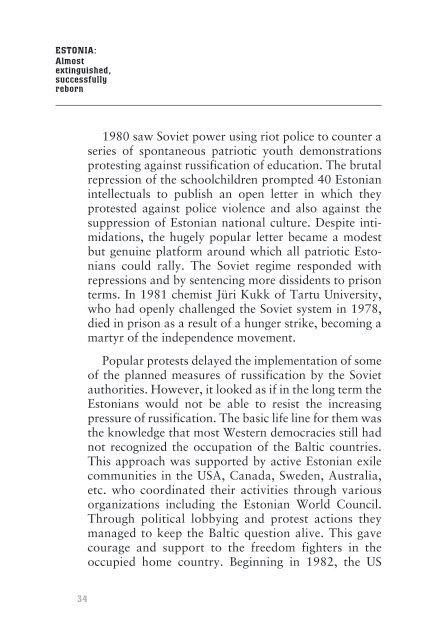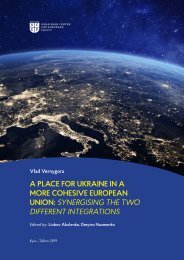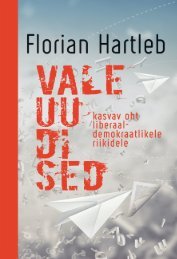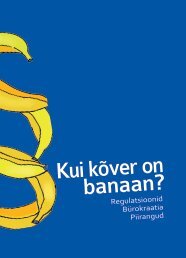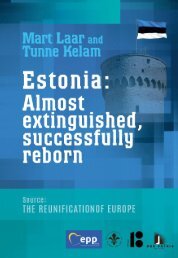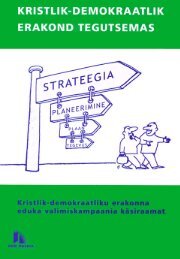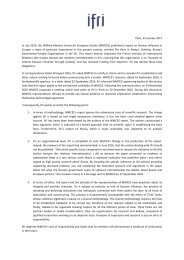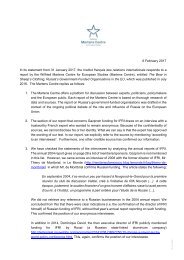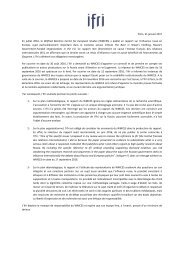ESTONIA: Almost extinguished, successfully reborn
The following text is the shortest possible review to help inform friends and guests from abroad about Estonia’s experience with foreign occupation and totalitarianism as well as its road to peacefully re-establishing national inde-pendence on the basis of democracy. Tunne Kelam Member of the European Parlament
The following text is the shortest possible review to help inform
friends and guests from abroad about Estonia’s experience with
foreign occupation and totalitarianism as well as its road to
peacefully re-establishing national inde-pendence on the basis
of democracy.
Tunne Kelam
Member of the European Parlament
You also want an ePaper? Increase the reach of your titles
YUMPU automatically turns print PDFs into web optimized ePapers that Google loves.
<strong>ESTONIA</strong>:<br />
<strong>Almost</strong><br />
<strong>extinguished</strong>,<br />
<strong>successfully</strong><br />
<strong>reborn</strong><br />
1980 saw Soviet power using riot police to counter a<br />
series of spontaneous patriotic youth demonstrations<br />
protesting against russification of education. The brutal<br />
repression of the schoolchildren prompted 40 Estonian<br />
intellectuals to publish an open letter in which they<br />
protested against police violence and also against the<br />
suppression of Estonian national culture. Despite intimidations,<br />
the hugely popular letter became a modest<br />
but genuine platform around which all patriotic Estonians<br />
could rally. The Soviet regime responded with<br />
repressions and by sentencing more dissidents to prison<br />
terms. In 1981 chemist Jüri Kukk of Tartu University,<br />
who had openly challenged the Soviet system in 1978,<br />
died in prison as a result of a hunger strike, becoming a<br />
martyr of the independence movement.<br />
Popular protests delayed the implementation of some<br />
of the planned measures of russification by the Soviet<br />
authorities. However, it looked as if in the long term the<br />
Estonians would not be able to resist the increasing<br />
pressure of russification. The basic life line for them was<br />
the knowledge that most Western democracies still had<br />
not recognized the occupation of the Baltic countries.<br />
This approach was supported by active Estonian exile<br />
communities in the USA, Canada, Sweden, Australia,<br />
etc. who coordinated their activities through various<br />
organizations including the Estonian World Council.<br />
Through political lobbying and protest actions they<br />
managed to keep the Baltic question alive. This gave<br />
courage and support to the freedom fighters in the<br />
occupied home country. Beginning in 1982, the US<br />
34


